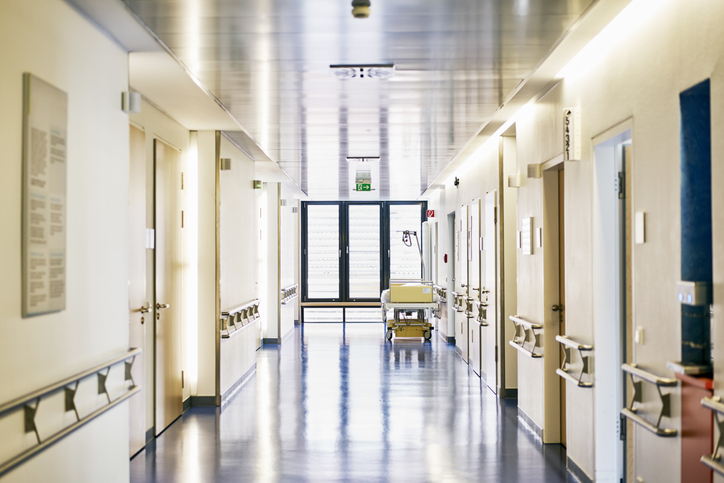
The Department of Health and Human Services will distribute another $25 billion in funding to healthcare providers, with an emphasis on helping facilities that serve low-income patients. The agency will distribute $15 billion to providers that participate in Medicaid and CHIP programs, and another $10 billion to safety-net hospitals.
The funds are intended to help hundreds of thousands Medicaid providers that did not receive funding through the general distribution that went out to providers in April and May. For example, community health centers, which provide healthcare services to low-income patients, and speech therapists and physical therapists that primarily serve children with disabilities were not included in the initial distributions of funding.
Safety-net hospitals, which provide a significant proportion of care to uninsured and low-income patients, will be able to receive between $5 million and $50 million. HHS said it plans to distribute the funds to hospitals this week.
“Healthcare providers who focus on treating the most vulnerable Americans, including low-income and minority patients, are absolutely essential to our fight against COVID-19,” HHS Secretary Alex Azar said in a news release.
The funds are just a portion of the $175 billion in relief for healthcare providers that Congress allocated through the CARES Act and the Paycheck Protection Program and Health Care Enhancement Act. So far, HHS has distributed $50 billion in payments through a general distribution based on net patient revenue. The agency has also allocated $10 billion for hospitals in Covid-19 hotspots, $10 billion for rural hospitals, $5 billion for nursing homes and $500 million for tribal hospitals and clinics.
HHS said roughly 62% of Medicaid and CHIP providers received funding in the general distribution. The new funds will be available to the remaining 38%.

A Deep-dive Into Specialty Pharma
A specialty drug is a class of prescription medications used to treat complex, chronic or rare medical conditions. Although this classification was originally intended to define the treatment of rare, also termed “orphan” diseases, affecting fewer than 200,000 people in the US, more recently, specialty drugs have emerged as the cornerstone of treatment for chronic and complex diseases such as cancer, autoimmune conditions, diabetes, hepatitis C, and HIV/AIDS.
American Hospital Association CEO Rick Pollack said the organization was pleased to see that HHS would distribute funds to safety-net hospitals, but also urged the agency to continue to distribute “substantial additional funds” as the Covid-19 pandemic continues.
“These hospitals care for our nation’s most vulnerable patients and communities, which have suffered disproportionately from the pandemic. Due in large part to underlying health conditions, the patients these hospitals treat have been hospitalized at greater rates and require more care and resources once hospitalized,” he said in a news release. “This emergency funding will help these hospitals, many of which were already facing serious financial pressures before the pandemic, continue to deliver care to their patients and communities.”
HHS said it plans to send additional relief funds to hospitals in Covid-19 hotspots and dentists in the future.
Photo credit: Upixa, Getty Images













